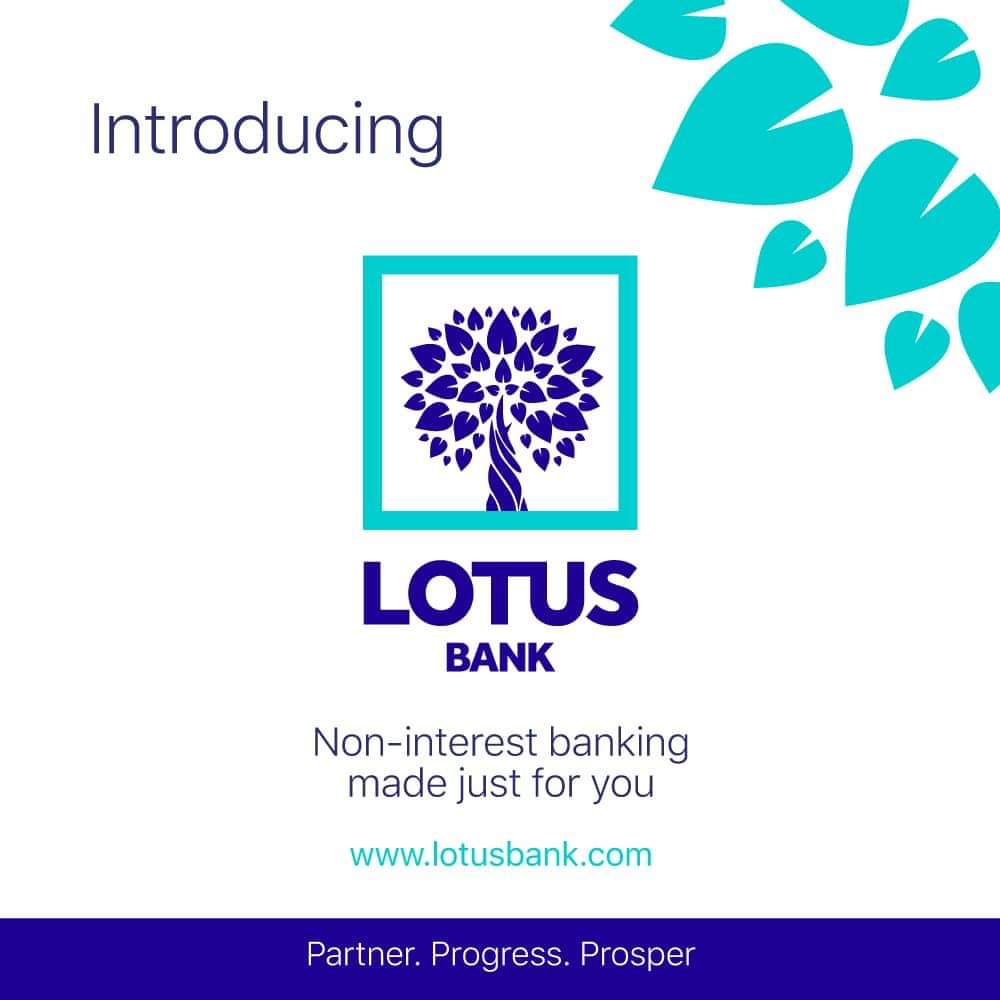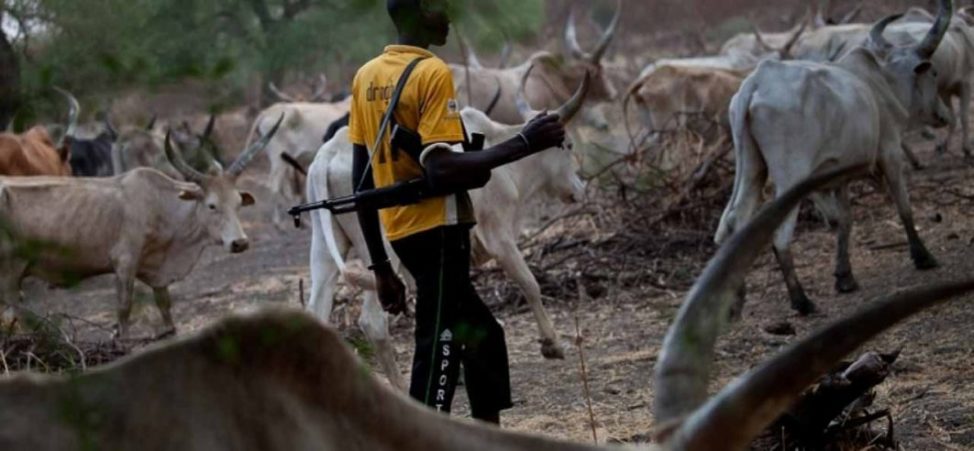Between NITDA’s Code of Practice and other Regulatory Bodies in Nigeria, by Zeenat O. Sambo

The Code of Practice for Interactive Computer Service Platforms/Internet Intermediaries and Conditions for Operating in Nigeria released by the National Information Technology Development Agency (NITDA) will restore sanity in Nigeria’s internet space and regulate practices of social media platforms in the country.
Before this development, various laws and guidelines on information and communications technology (ICT) have been in place but none, specifically, governed the social media platforms and the users.
The Nigerian Press Council is one of the regulatory bodies created to see to objective information dissemination, ensure objective press standards, and maintain high professional ethical standards for the Nigerian Press. Being a shield for Nigeria’s print media, part of its functions revolve around standard research, proper training of journalists, accreditation of programmes in tertiary institutions amongst others, and ensuring that numerous agencies and bodies regulate their operations to ensure professionalism.
It is also noteworthy that the Advertising Practitioners Council of Nigeria (APCON) regulates and promotes ethical advertising practice, and acts as the conscience of society and watchdog for the consumers.
Primarily, APCON determines who an advertising practitioner should be and also the standard of knowledge and skill required to be attained by persons seeking to become registered members of the advertising profession and reviewing those standards from time to time.
Similarly, the National Broadcasting Commission (NBC) Act regulates all terrestrial radio and television broadcasting services and licenses cable and direct-to-home (DTH) services. As part of the National Mass Communication Policy, it also sets standards regarding the content and quality of materials being broadcast throughout Nigeria.
It is noteworthy that all these agencies and regulatory bodies are responsible to guarantee that the contents and materials that go out to the public do not offend their sensibilities, ensure sanity and promote national unity in the country.
The advent and proliferation of online activities e.g. social media became a cause for concern among many stakeholders on the need to formulate policies that will guide the use of the internet in Nigeria without interference in the freedom of expression. Thus, until now there were no rules guiding the activities and operations of social media platforms.
Thus, NITDA whose mandates include developing guidelines for electronic governance, and the networking of public and private sector establishments unveiled the latest draft code that would guide small and large service platforms operating in Nigeria’s cyberspace.
The free use of the internet and proliferation of content have created gaps for economic saboteurs to incorporate their services online without paying taxes and other financial rights owed to the government.
The spread of fake news, hideous crimes, and dissemination of harmful content on the internet over the years have also become tools of abuse by many criminally-minded persons, who leverage insecurity to propagate their illicit activities.
Hate speeches, misinformation, disinformation, and online propaganda have become dangerous humours that many online platforms now host and continuously pollute the public space with unwholesome contents breeding tension among people and communities.
Therefore, the NITDA code of practice to a large extent will ensure that internet intermediaries abide by Nigerian laws and do not deploy or modify their platforms in any way that could constitute illegality, and undermine national security or interfere with the application of the guidelines for the good of the Nigerian society.
To maintain orderliness in the online ecosystem, the code of practice advises platforms to acknowledge receipt of toxic content and remove the content within a reasonable time frame. Thus, platforms should exercise due diligence to ensure that no unwholesome content is uploaded to their platform and must act upon receiving notice of the presence of unlawful content on the platform from a user or authorized government agency.
Social media platforms like Twitter, Facebook, Tiktok, and others are expected to publish on their websites, application, or both, the rules for access or usage of the platform by any person or entity. This will serve as terms and conditions of use to avoid violations and thereby act accordingly before dissemination of damaging contents.
Lately, most outrage and protests have underlying links to social media mobilization and motivation. For instance, endSARS rhapsody on Twitter, sex videos on the rampage on Facebook, and gory images of ritual killings/violent attacks depict the repulsive use of the online platforms. Promoters of disturbing images that can’t go through traditional media due to censorship now use the internet platforms to push their horrible agenda.
As such, platforms must take measures to mitigate as well as clarify in community rules and guidelines how children and adults can be protected from harmful content. Taking into cognizance that users who fail to comply with the rules of the platform will have their access terminated.
It is worthy to note that the code of practice has compelled all large service platforms with users of more than one thousand to have physical contact and outreach in Nigeria with details of their outlet on their platforms. Also, it has become mandatory for each service platform to appoint a liaison officer who shall stand as a communication channel between and government and the platform in case of any eventualities. This will help to create employment opportunities.
I call on NITDA and stakeholders to cooperate and ensure compliance with the code of practice to enable platforms and users to experience social and economic wellbeing in Africa’s leading digital economy.
Zeenat O. Sambo
Wuye District, Abuja










